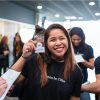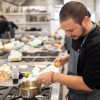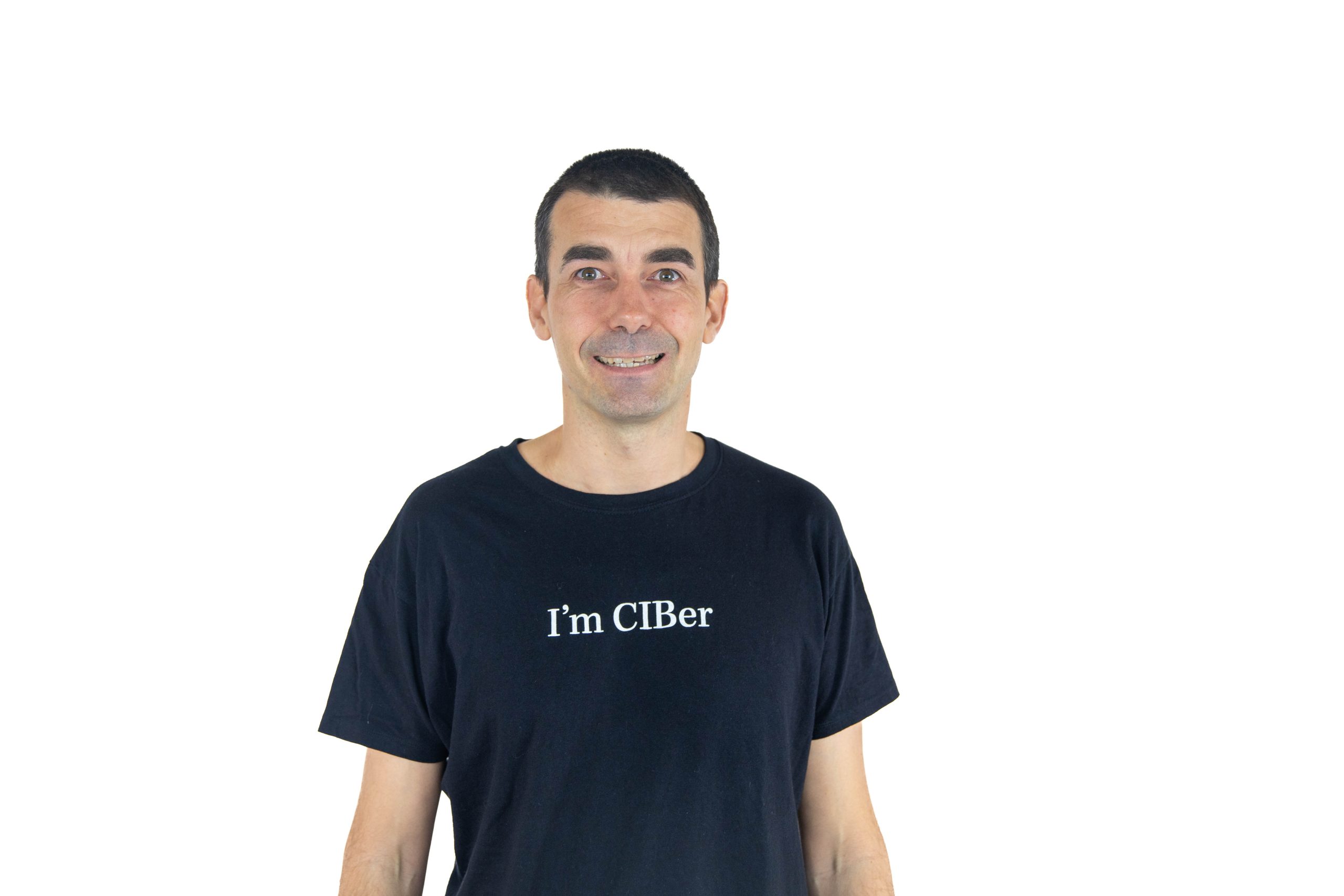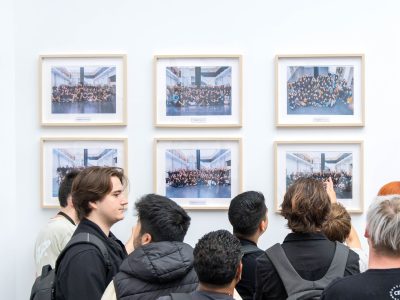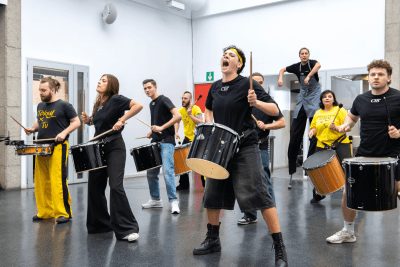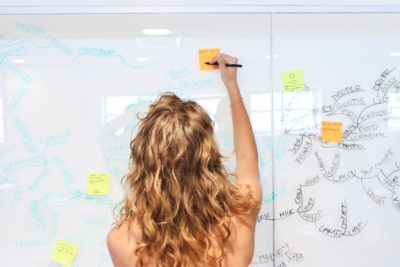In recent months, we have had very tangible and palpable evidence of what many critics and analysts have been pointing out for some time (such as Sir Ken Robinson did back in 2006 with his presentation “Schools kill creativity”), about the need to adapt and update the how, what and why of teaching and learning processes to new realities and needs that a complex future will demand. The very diverse applications of artificial intelligence tools have burst into many areas of society at an unexpected pace, creating profound changes and generating unforeseen disruptions.
The fact that people do not distinguish what is real from what is not has consequences we have never faced before.
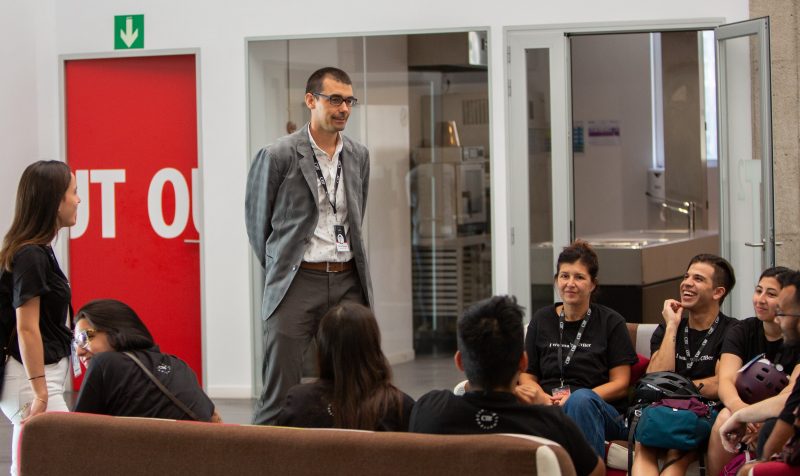
The most significant aspect of all this, according to Geoffrey Hinton, one of the creators and pioneers of this technology, is the difficulty humans will have in differentiating what is true from what is not.
Until now, we had people and institutions to whom we had given the power and credibility to be the validators of certainties and truths, in one way or another. But right now, we already have examples where it is impossible to tell whether a news story, scientific article or video is real or not.
The fact that people cannot distinguish what is real from what is not, who has created that information and for what purpose, has unpredictable consequences we have never had to face.
And this detail can completely shake one of the functions of education, namely the one related to knowledge and critical thinking. It forces us, at a faster pace than expected, to put much of emphasis on helping students understand a changing world, even though we do not yet have enough resources or tools to provide them details of consequences, examples or concrete solutions to refer to.
What will help these children face such a variety of scenarios are the lateral skills that will prepare them for it.
The World Economic Forum, in its report “The Future of Work”, illustrates this uncertainty with a specific example: 23% of jobs will change between now and 2027, with the creation of 69 million new jobs and the elimination of another 83 million. If this will happen in a 4-5 years period, for what kind of society and professional future will we have to prepare students who are currently 6-12 years old and who will still take about ten years to enter the working world?
Therefore, rather than learning specific knowledge, what will be truly necessary and will help these children to cope with such a variety of scenarios, to be able to adapt to constant changes and continue evolving are the lateral skills that will prepare them for it.
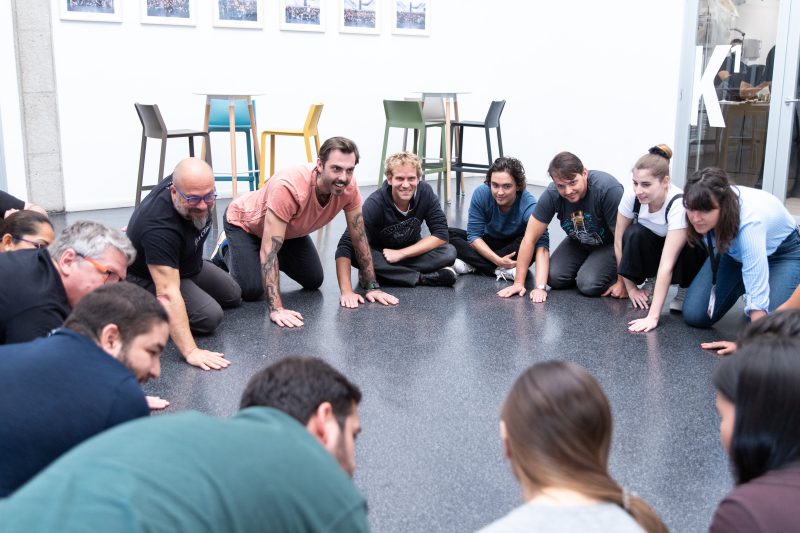
In this context, we may also need to change the benchmark of educational quality that we have had up to now. Quality standards, national and European level measurement tests and other educational system references will quickly become obsolete as quality assessment will have to measure the degree to which students are managing to develop certain skills and are able to adapt and cope with change.
In this framework, if much evidence points to the fact that educational quality depends directly on the quality of teaching, we will also have to rethink and analyze the references we have been using up to now to measure this quality. In our case, the CIB · Culinary Institute of Barcelona is a school of cooking, creativity and innovation created five years ago with a view to this new context.
One of our goals is to help students understand this complexity and, above all, to awaken interests and curiosity that keep them attentive and alert to seek the resources and tools that best help them respond to the various situations and issues they will face.
The educational context of our institution is possibly not the standard, as approximately 85% of our instructors are not education professionals (teachers, professors or lecturers) but professionals from very diverse fields who come to our educational institution to share their knowledge and professional experience. Although this distances us from many standardized practices or strategies for teacher training and improvement, we remain just as interested and concerned about teaching quality and educational quality as the rest of the institutions, but we have to approach it from more heterogeneous perspectives.
Only if we are able to try many things and learn from those that do not work, can we continue to evolve.
Our starting point is different from other centers, as most of our teaching staff has never received any kind of pedagogical training. Nevertheless, this has never prevented us from working towards teaching and educational excellence in all our programs, and since we have very few references from similar centers to give us clues or guidance, we have had to learn and improve based on trial and error. Only if we are able to try many things and learn from those that do not work, can we continue to evolve.

Some of these actions are summarized below, with the understanding that we still have a long way to go to make them truly efficient and effective:
- Creation of a teaching community and feeling of belonging: as we are professionals from very diverse fields where some only have in common that they share training sessions in our center, creating this feeling of community and bond is very important for the center’s culture and its teaching activity.
- Teacher training: we promote teacher’s cloisters that are always accompanied by some training activity and personal and professional growth. At the same time, we are designing an online continuous training plan that has a broader and continuous reach over time.
- Teacher support office: we have established a process of support and methodological accompaniment and teaching practice to help teachers to expand the tools and classroom dynamics that allow them to offer a student-centered teaching, more participatory and where experimentation and learning by doing are integrated naturally.
- A look to the future: just as we do with our students, we also do with our teachers; we want to bring them closer to this look to the future to be aware of changes and trends, as well as to provide them with inspiring inputs from very diverse fields (some technological and others more related to user experience), which can enrich their professional work.
- Support infrastructures for teachers: classrooms and spaces have been designed to support the methodology and give teachers flexibility in their use and application. From chairs with wheels that allow the reorganization of classroom spaces, the use of simultaneous translation within the classrooms or having several projection screens to make it easier for all students to see the audiovisual support if they are sitting in a circle, for example.
In conclusion, teacher training must be closely aligned with these paradigm shifts that some technologies are already bringing to the table, so that they help teachers to understand and keep up with the accelerated and constant pace of change in which we will be immersed in the coming years.

